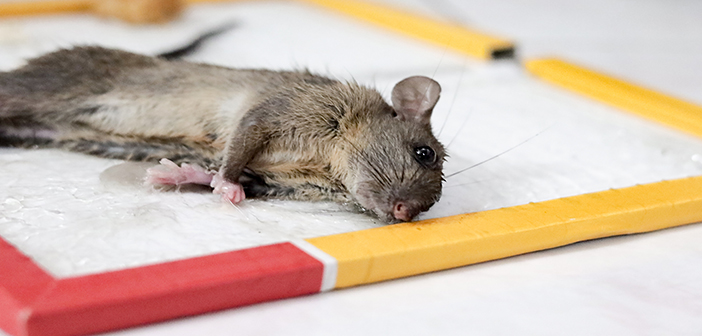Following BPCA’s open letter to the Secretary of State for Environment, Food And Rural Affairs, regarding the shortcomings of The Glue Traps (Offences) Act 2022, NPTA chief executive, Kevin Lawrenson, has also written a letter in full support of this important issue.
In his letter to Steve Reed MP, Mr Lawrenson wrote: “On behalf of the National Pest Technicians Association (NPTA), we write to fully endorse the British Pest Control Association’s (BPCA) open letter regarding the shortcomings of the Glue Traps (Offences) Act 2022 and the urgent need for reform.
“The Glue Traps (Offences) Act 2022 was introduced with the vital aim of improving animal welfare by restricting the use of glue traps to licensed pest controllers. However, the legislation and the licensing scheme operated by Natural England under the Department for Environment, Food and Rural Affairs (Defra) has failed to deliver on this intention.”
Mr Lawrenson backed BPCA’s call for urgent action, and he asked that Defra and Natural England:
- Ban the sale of glue traps to the public to eliminate amateur misuse;
- Launch a national public awareness campaign to inform retailers and the public about the legal restrictions and penalties;
- Strengthen enforcement efforts with properly resourced and trained agencies to uphold the law;
- Expand professional licensing access to allow responsible, humane use by accredited pest control companies; and
- Revise the licensing scheme to be affordable and practical, removing unnecessary barriers to compliance without compromising animal welfare standards.
“Professional pest control plays a vital role in protecting communities,” Mr Lawrenson said:
“Without urgent changes, the Act risks continuing to punish legitimate, compliant businesses while allowing widespread unregulated harm to animal welfare and public health.
“The NPTA stands ready to work with Defra, Natural England, the British Pest Control Association and other stakeholders to ensure that reform delivers the intended outcomes. We respectfully urge you to act now to address these critical failings.”


